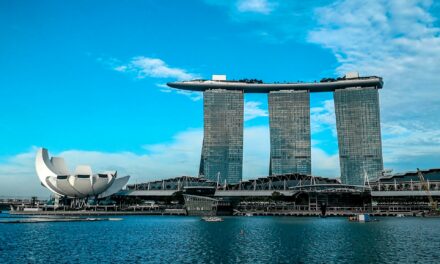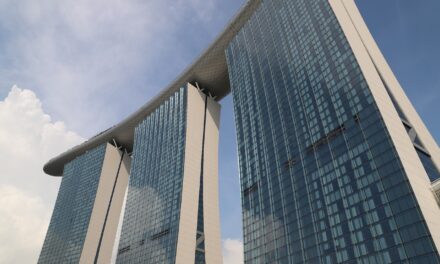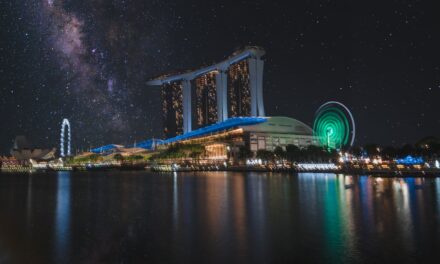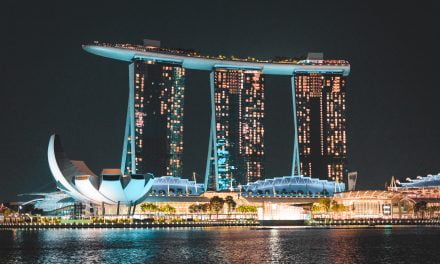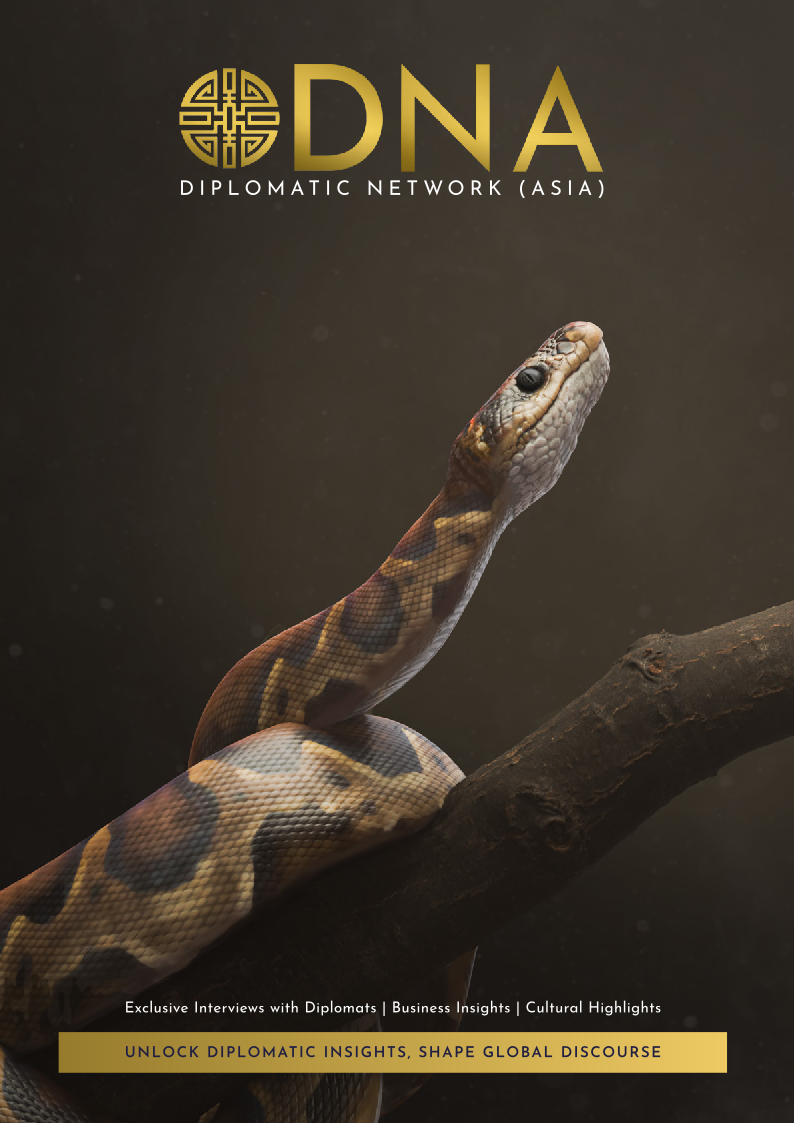The world cannot afford to have a conflict in Asia, especially after flashpoints have sprung up elsewhere in the globe, Singaporean Minister for Defence Ng Eng Hen said last Friday.
“We should avoid conflict in Asia at all costs. You do not need it. Nothing justifies it, in my mind,” Ng said at the 60th Munich Security Conference in Germany last Friday.
The MSC is an annual high-level security conference. It brings together heads of government, defence and foreign ministers, parliamentarians, military leaders, and security experts from around the world.
Global conflicts have surged in recent years, highlighted by events like the Israel-Hamas conflict and Houthi-led attacks in the Red Sea. Meanwhile, Russia’s ongoing offensive in Ukraine is approaching its third spring. The list of hotspots extends to regions like Sudan, Myanmar, the Sahel, and the Democratic Republic of Congo.
Each conflict stems from its own factors and has its own nuances. Understanding these nuances is vital for effective conflict resolution – and herein lies the importance of a diplomat’s part in it.
Diplomacy plays a crucial role in mitigating tensions and seeking peaceful solutions. It provides a platform for dialogue and negotiation, involving a range of actors beyond states. Investing in diplomacy is essential for global stability and peace.
There is strong investment in defence spending across the globe too. Global defence spending grew by around 9.0% to reach a record USD2.2 trillion in 2023, according to a report released earlier this month by London-based think tank International Institute for Strategic Studies.
“Is there an arms race? Can you stop it? And if so, how would you do it? You cannot stop countries from deciding that they are going to spend to protect their interests,” Ng said.
Within this context, the role of the diplomat becomes increasingly imperative.
“You could probably have agreements, as we have against nuclear proliferation, but it will be in diplomatic solutions, and it will be in multilateral forums that we are having now to pre-empt conflicts. And to me that’s the top priority for Asia. We must avoid a conflict in Asia. The world cannot afford one,” Ng said.
US-China
Turning to the tensions between the US and China, Ng said that defence spending is “a symptom, not a cause”.
By 2030, the US will put around USD1 trillion into defence spending while China will spend about USD500 billion, according to Ng. US President Joe Biden allotted USD816.7 billion to the Defence Department in 2023, while China’s planned defence spending in 2023 was around USD224.79 billion.
“…if indeed there is a conflict for whatever reason between US and China, I think we will have blighted our futures for the next, well, 10, 20, 30 years,” Ng said.
However, recent developments have shown some encouraging signs such as the meeting between Chinese President Xi Jinping and President Biden at the Asia-Pacific Economic Cooperation event last November.
“I think that it was reassuring that President Xi and President Biden met in San Francisco. [The] right noises were made,” Ng said.
“Even with the election of the Taiwanese president who is, shall we say, somewhat pro-independence, William Lai. I thought it was very reassuring that President Biden, one of his first statements was that he does not support Taiwanese independence. If you look at what the People’s Liberation Army did in response to William Lai’s election, it was not much. And that was reassuring.”
Deterrence through multilateralism and trade
Returning to the subject of defence spending, Ng believes that for Singapore, and many other countries, it is a necessary measure of deterrence.
“You need to build sufficient capability, defence capabilities, as a deterrence. That’s for Singapore, a very small country. We’ve spent 3% of our GDP on our defence budget and purely for deterrence. Nobody sees us as a threat, I hope,” Ng said.
Still, there are other methods of placing flowers down the barrels of guns, namely through multilateralism, diplomacy and trade.
“But the flip side is also one of pre-emption, which is deterrence and diplomacy…pre-emption is what we’re doing now [through] multilateralism.
“If we are talking about the prevention of conflict, I think it would be imbalanced if we don’t also talk about [how to] increase trade. How do you produce a system that you enlarge the pie and that there are more stakeholders? We are security chiefs, but trade is a very necessary component of peace and deterrence.”
Fighting for what you believe in
Russia’s offensive into Ukraine struck a chord with Singaporeans, given its small size and thus relative vulnerability to larger nations.
Singapore was quick to decry the offensive and implement sanctions, such as sanctioning Russian banks in Singapore which were involved in aiding the war effort.
“Unless we… stand up for the principles that are the very foundation for the independence and sovereignty of smaller nations, our own right to exist and prosper as a nation may similarly be called into question one day,” said Minister for Foreign Affairs Vivian Balakrishnan in late February 2022, soon after the full invasion of Ukraine by Russia.
“If international political support for Ukraine wavers, it is like rewarding aggression”, Ng said.
“That keeps me up at night, because if that’s the established rule, then there is no future for small countries for Singapore, and that’s the reason why we protested very early, the Russian invasion in Ukraine,” Ng said.
“That’s why we have joined Operation Prosperity Guardian because sea lines of communications in the Red Sea is vital for our interests,” he said.
Operation Prosperity Guardian is a US-led military multinational coalition led by the US in the Red Sea. Its primary objective is to address the mounting threat posed by Houthi-led attacks targeting shipping vessels in the Red Sea, home to one of the world’s most vital shipping lanes.
Countries will have to step up to protect their beliefs and their way of life, Ng said.
“[But at the end of the day], the message must be the same. Avoid conflict.”


